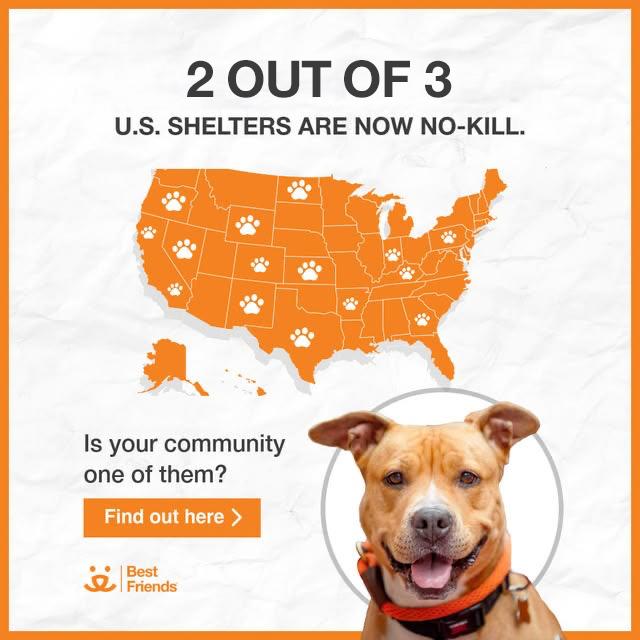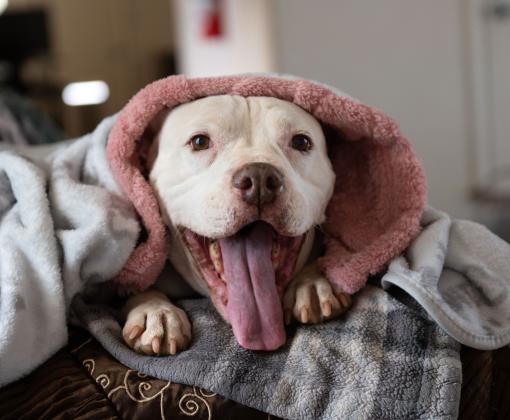
Pet Potbellied Pigs: Health and Diseases
Our pet potbellied pigs can’t tell us when they’re sick, so it’s best to be aware of signs of pain or illness. As you get to know your pigs, you’ll learn to recognize when they’re feeling good and when they’re feeling under the weather. Here are some typical symptoms of a sick pig, as well as common pig diseases.
What are the symptoms of a sick pig?
Here are some common symptoms that might indicate a pig is sick or in pain:
- Loss of appetite
- Change in mood
- Lethargy
- Coughing or nasal discharge
- Absence of or difficulty while urinating or defecating
- Very dark, concentrated urine
- Discolored vaginal discharge
- Hemorrhage from the eyes, ears, nose, rectum, or vulva
- High temperature (103 degrees Fahrenheit or up)
- Fast breathing or respiratory issues
- Constipation
- Standing with back hunched
- Trouble walking, limping, or difficulty getting traction
- These symptoms might be a sign of skin problems:
- Patchy hair loss
- Hair standing on end
- Excessive itching
Common pig diseases and other health issues
Pigs can have a variety of health issues, ranging from simple ear infections to a complicated disease like cancer. The most common health problems in potbellied pigs are respiratory troubles and constipation.

See how your community is doing
Arthritis is one of the most common ailments in potbellied pigs. It can be caused by past or present weight issues or lack of exercise. Arthritis also can be the result of the pig’s breeding, age, or previous diet. To ease arthritis, keeping your pigs healthy and active is essential, as is a healthy pig diet. Consult your veterinarian about possible treatments.
Pig veterinary care
You’ll want to find a veterinarian who’s experienced with potbellied pigs. Before you adopt a pig, it’s a good idea to research vets in your area and select one whom you feel you can trust.
Just like other pets, potbellied pigs need to have an annual checkup. There are routine vaccinations for potbellied pigs; your vet will know which ones your pigs require. Also, like other animals, pigs can be susceptible to parasites. Plus, we recommend spaying or neutering your pet pigs. Speak with your vet before proceeding with any treatment.
Before you actually have to take your pig to the vet, get your pig familiar with being in a kennel and in a vehicle. You can put some treats in the back of the kennel every now and then, leaving the door open so that the pig can come and go. This familiarity will reduce the amount of stress for both you and the pig when it is time for a scheduled or emergency trip to the vet. Be sure to place a rubber-backed mat or rug on the bottom of the kennel to give your pig traction. It is also a good idea to put a blanket inside the kennel to help the pig feel secure.
